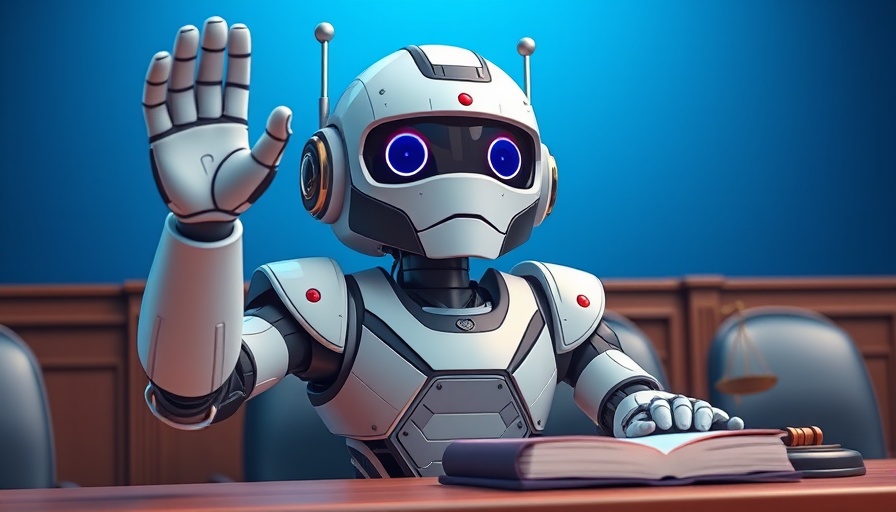
The Unexpected Encounter of AI in a New York Courtroom
In a notable incident that unfolded last month, a 74-year-old plaintiff named Jerome Dewald attempted to leverage AI technology in the court of law, bringing to light the complex intersection of innovation and legal protocols. Dewald, engaged in an employment dispute, sought the assistance of an AI avatar to articulate his argument during a trial at the New York State Supreme Court Appellate Division’s First Judicial Department. This unprecedented reliance on technology for courtroom proceedings, however, did not go as planned.
The Court's Reaction: Misleading or Innovative?
When Dewald introduced the AI-generated video, featuring a young man in formal attire, the judges were taken by surprise. Justice Sallie Manzanet-Daniels quickly interrupted, querying Dewald about the avatar's identity. The court, anticipating a human representation of the plaintiff, was left bewildered. "I don’t appreciate being misled," the judge noted, emphasizing the importance of transparency within legal arguments. The judges allowed Dewald to present his case personally after shutting down the video.
AI's Evolving Role in Legal Proceedings
This incident isn't the first of its kind in recent legal history. In June 2023, another case emerged where attorneys faced penalties for using ChatGPT, which generated inaccurate legal information. Yet, the integration of AI in the courtroom has valuable applications, such as virtual legal assistants aiding in document preparation and public inquiries. AI tools like the Florida court's digital assistant, Sandi, demonstrate a growing acceptance of technology to enhance legal accessibility.
What This Means for Future Legal Innovations
The clash of AI with established courtroom practices raises pertinent questions about the future of legal representation. While the intention behind using AI for polished, confident communication is understandable, it clashes with the foundational principles of transparency and direct communication in legal settings. Moving forward, legal professionals and defendants alike must navigate this innovative terrain cautiously.
Being Informed: The Importance of Keeping Up with Tech in Business
For business owners and managers, this incident serves as a reminder of how rapidly evolving technologies can influence traditional sectors. Understanding these trends is essential, not merely to leverage AI but to comply with legal expectations. Staying informed about advancements can help mitigate risks and enhance operational efficiencies.
In this age of technological advancement, it's crucial to recognize not just the benefits but the limitations of AI—especially in sectors such as law. As we embrace the future, the balance between innovation and ethical standards must remain a focal point for all professionals.
 Add Row
Add Row  Add
Add 

 Add Row
Add Row  Add Element
Add Element 




Write A Comment